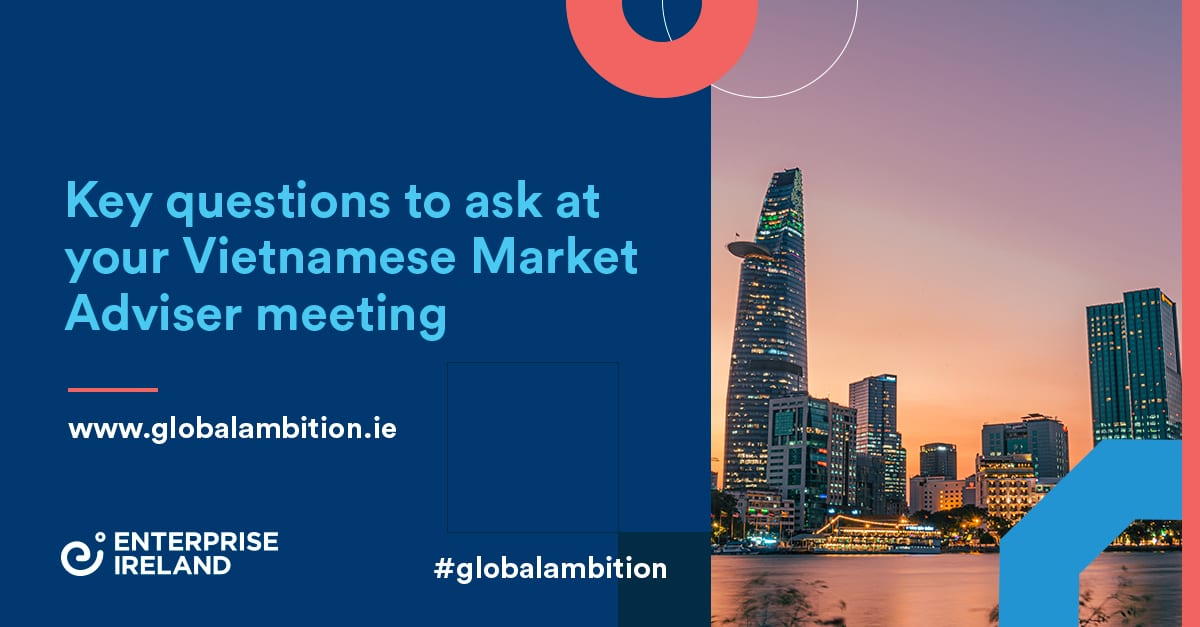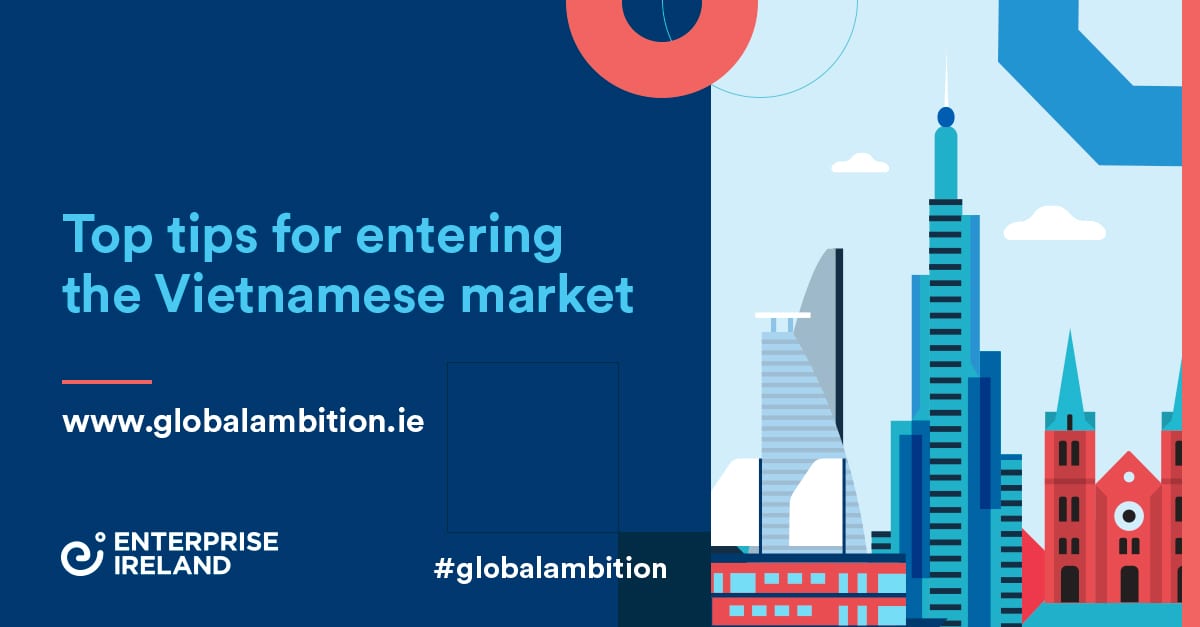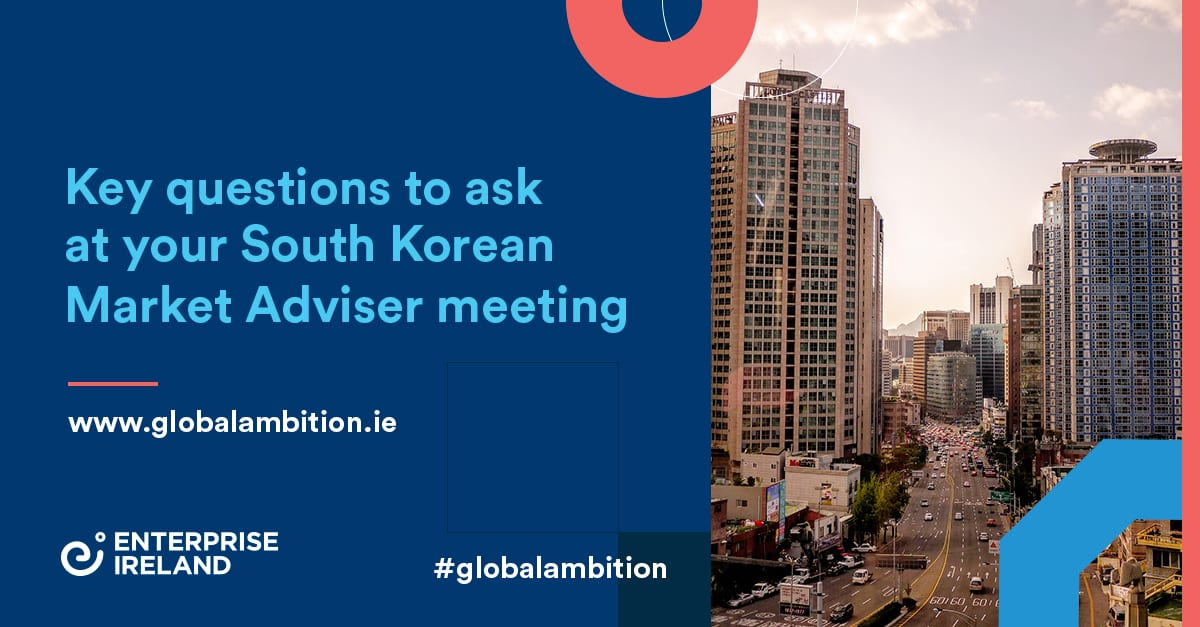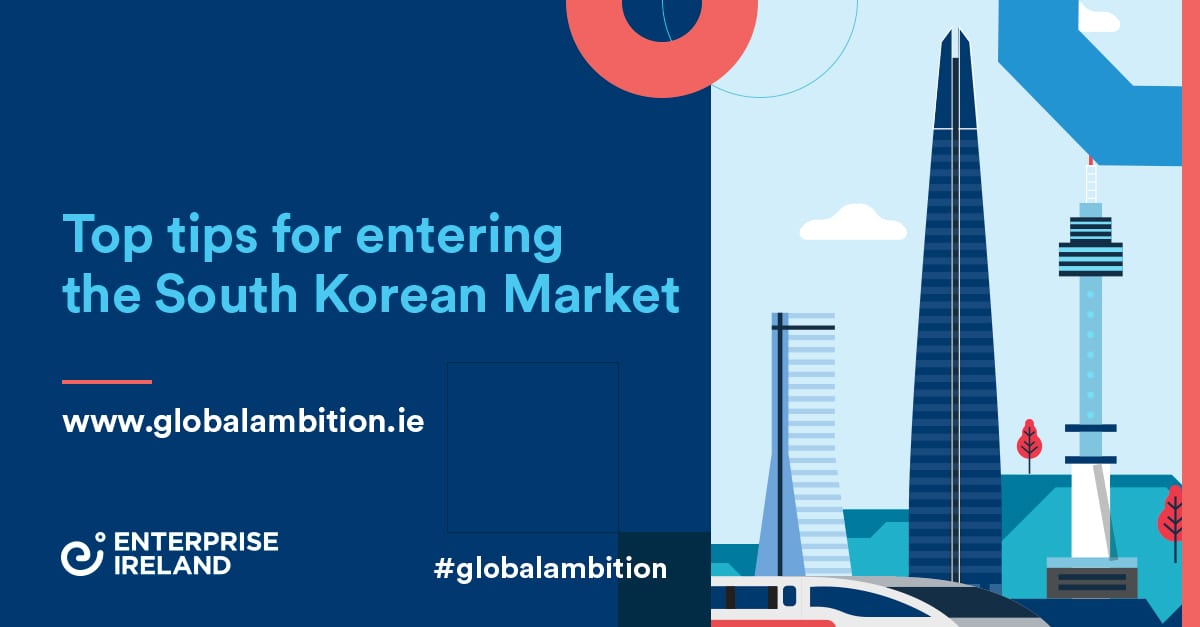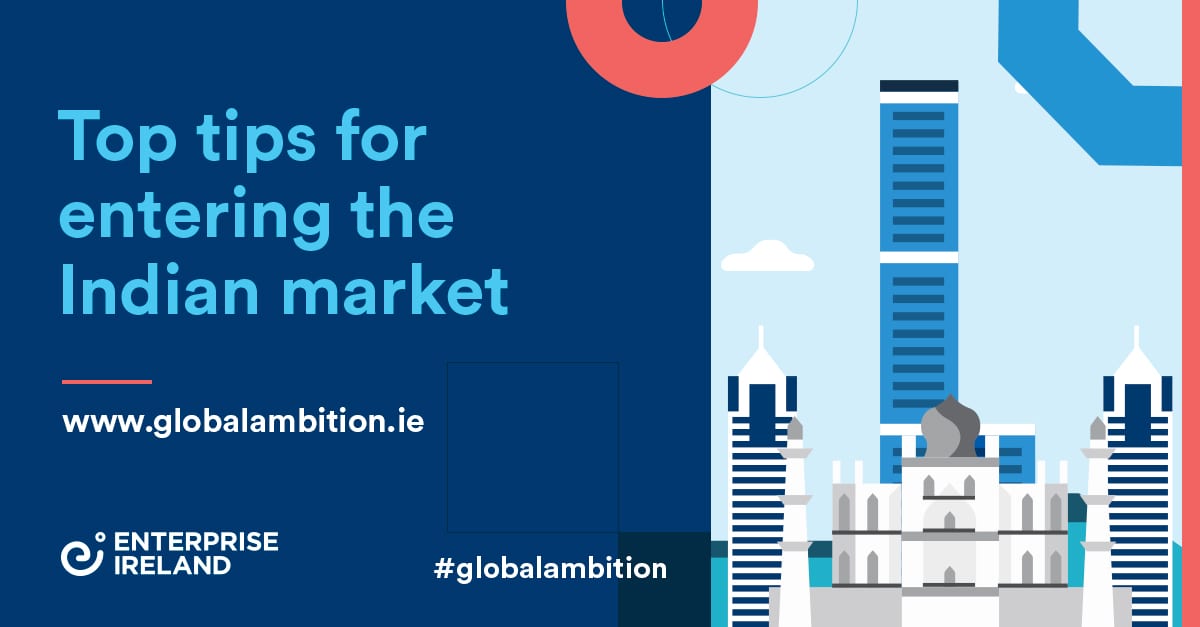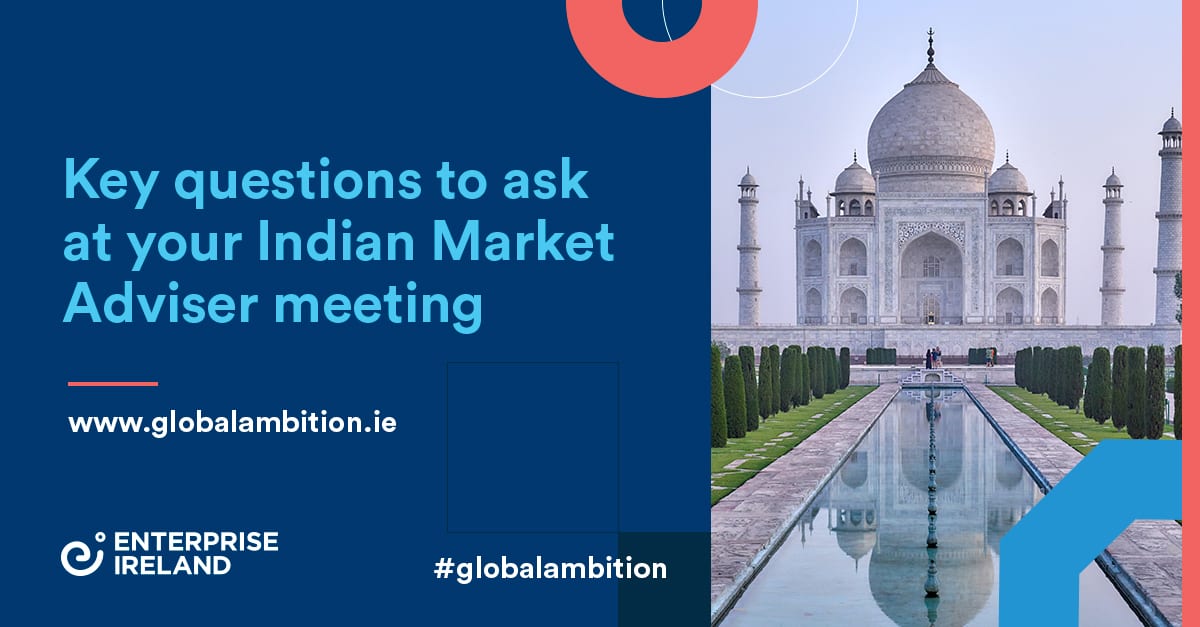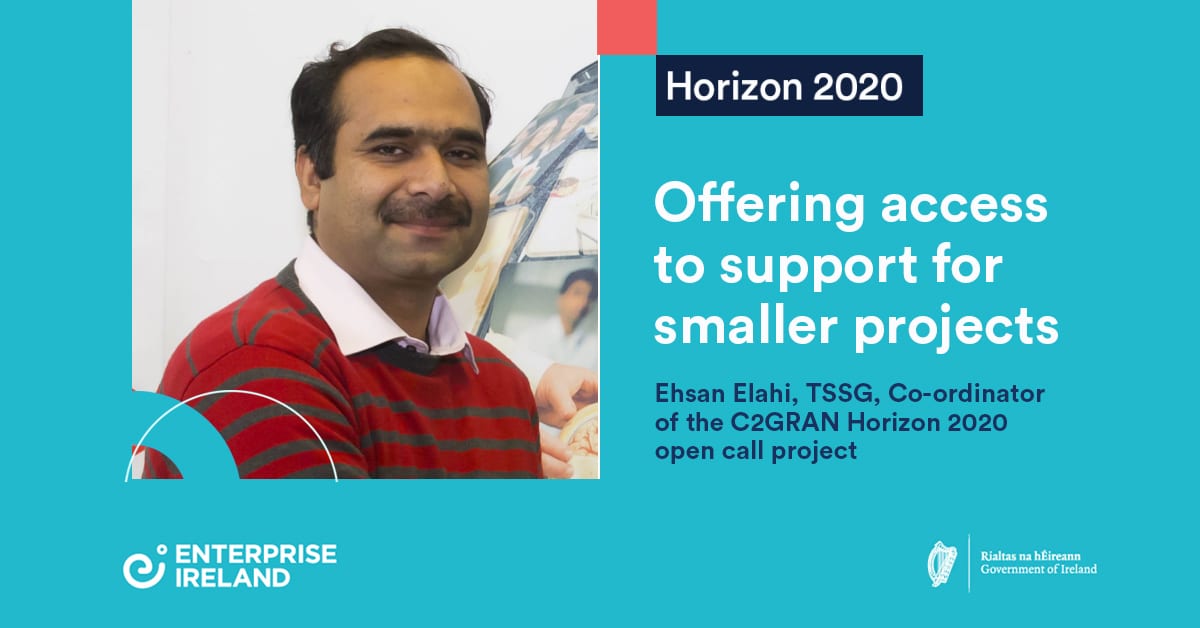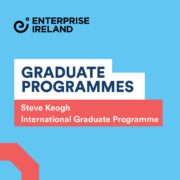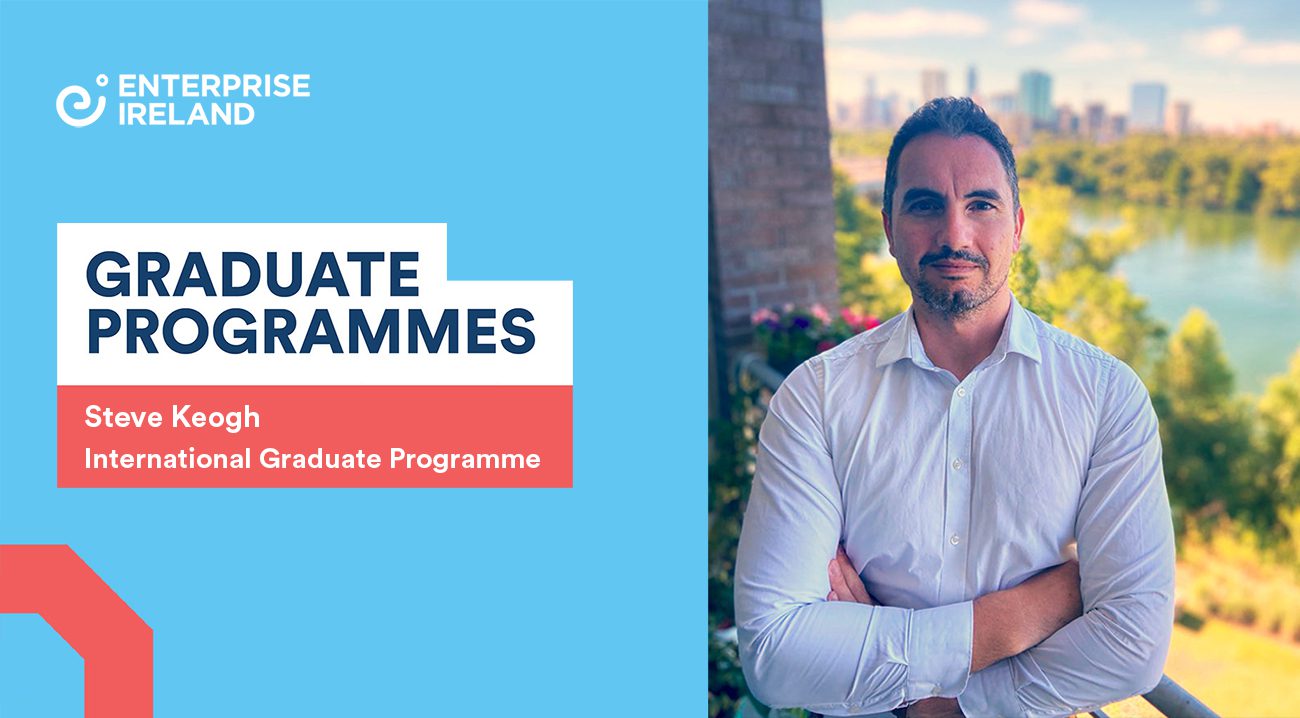Plenty to celebrate stateside this St Patrick’s Day
St Patrick’s Day offers an unrivalled opportunity to showcase Irish business innovation to a US audience.
The traditional meeting between the Taoiseach and US President is taking place virtually this year, leveraging our important ties and connectivity with our trans-Atlantic neighbour more than ever.
The USA remains the world’s largest consumer market, a $22 trillion dollar economy. It grew by 4% in Q4 last year and early projections for 2021 indicate further growth of 3.2%, a strong performance for a developed economy.
Increasingly Irish companies succeed here by recognising that the USA is no more one market than Europe is, and that to penetrate it they must go in state by state. California’s economy is, after all, approximately the same size as that of the UK. New York’s is approximately the same size as South Korea.
The Pandemic Pivot
The Covid-19 pandemic has had a significant impact, with unemployment currently at 6.9%, up from 3.5% prior to Covid, which was a 50-year low. Lockdowns vary by state but as a whole the US is a market where the pivot happened fast, and the return will too.
One of the biggest trends we see is how major US multinationals, such as Facebook, Microsoft, and many others are embracing the lessons learned. They have ‘leaned in’ to the opportunities that remote working, accelerated technology adoption and virtual collaboration have presented.
Interestingly, this has also led to a level of economic migration and mobility not seen in generations as more and more people also take advantage of operating remotely and move to less dense population centres.
The crossing of the digital Rubicon has also led to accelerated growth in sectors that were once described as emerging, these include ecommerce, cybersecurity, and digital health. There has also been a marked increase in the demand for content driven by the rapid growth in usage and choice across stream platforms. These relatively sudden supply and demand shifts always result in direct and tangential opportunities, and threats.
As people live more online, those providing back end solutions, such as data management (provision and support products and services) and security, are seeing potential for robust growth.
Building Back Better
Further bolstering the optimism for strong 2021 GDP growth is the economic stimulus plan put forth by President Biden, further supplemented by significant planned investment in infrastructure and the green economy. At time of writing the $1.9 Trillion stimulus plan has moved back to the US House of Representatives for final ratification, this is expected to provide significant economic stimulus across the US.
Other sectors are of course challenged. International student numbers from the US to Ireland have fallen for obvious reasons. Consumer retail, for those that have not embraced ecommerce, is struggling, and other sectors that have historically relied on a tactile or physical element to the sales process, e.g. machinery, will naturally struggle more in a virtual environment.
A big question affecting businesses, and unknown in terms of our ‘new normal’, is what airline travel will look like. Capacity is certainly not what it was pre-Covid and there are complex variables that impact this supply and demand dynamic, not least of which are staff and equipment availability. Thankfully we continue to be relatively well served on the trans-Atlantic route.
Over the past 12 months Enterprise Ireland has also leaned in to supporting our clients to stabilise, reset and recover. Supports such as the Sustaining Enterprise Fund, Online Retail Scheme, Virtual Selling programme, Competitive Start, our many management training programmes and others have enabled companies not just to cope with the challenges of selling into the US and globally, but to compete for and capture the opportunities that now exist in our new normal.
Virtual St Patrick’s Day Celebrations
Enterprise Ireland is walking this walk too in our traditional St Patricks Day events, having taken the traditional week-long programme of events for St Patrick’s Day and working with our Team Ireland colleagues migrating it online. Where Team Ireland would normally have the Taoiseach, Ministers, and a programme of economic, political, social and cultural events from coast to coast and border to border, we have pivoted entirely and will instead be hosting a multi-faceted programme including a series of in-depth sectoral webinars.
We are running high profile mainstream media and social campaigns this week too, to maximise the impact of St Patrick’s Day, raising the profile of Irish companies and of the Irish Advantage.
None of us knows what the new normal will look like. We do know that it will not be a simple snapping back into the old ways. Over the past 12 months we have crossed the digital Rubicon. It is now up to all of us to embrace the digital opportunities on the other side. As Henry Ford said, “Whether you think you can, or whether you think you cannot, you are right”. We can.
Join Enterprise Ireland USA for the ‘Ireland and the US: On Track to Getting Back’ virtual event on 16th March where senior business leaders from both sides of the Atlantic will discuss learnings from 2020, and powering growth in 2021. Register here.



